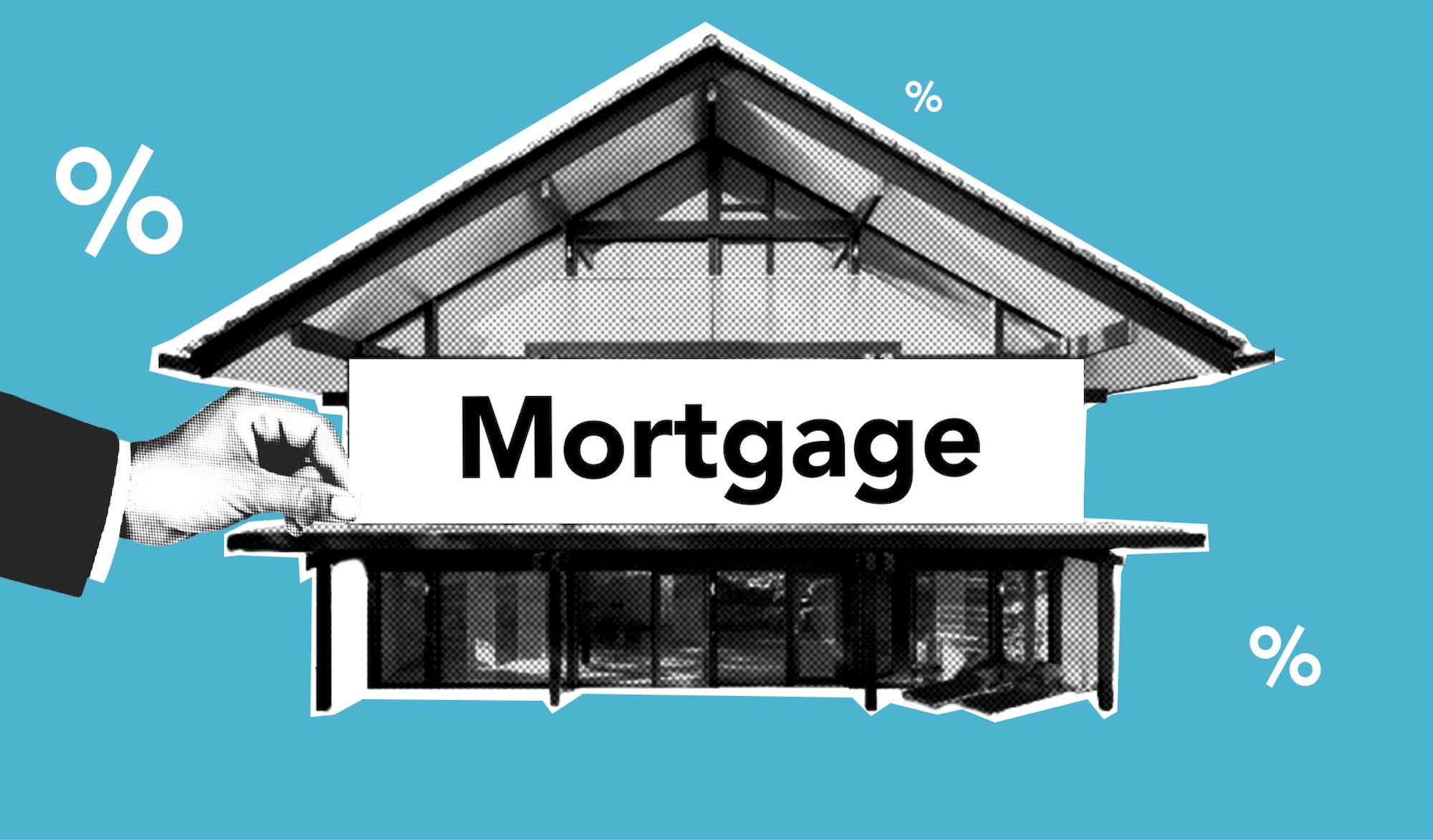A total of £92m has been lost through dating scams in the space of a year, new Action Fraud figures have revealed.
The UK’s national reporting centre for fraud and cyber crime is urging family members of online daters to help protect their relatives from becoming a victim of romance fraud.
Daters who strike up online relationships between Christmas and Valentines Day tend to be the most susceptible to romance fraud, with a spike of 901 reports recorded by the National Fraud Intelligence Bureau (NFIB) in March last year.
Despite a peak of romance fraud reports and losses of £8.7m reported in March 2021, the financial spike came two months later in May 2021 where losses of £14.6m were reported.
In the period between November 2020 and October 2021, 8,863 cases of romance fraud were reported to NFIB, up from 6,968 reports in the 2020 calendar year, to total £92m lost to fraud. However this is not likely to be an accurate picture, as romance fraud is a crime victims are less likely to report.
Temporary Detective Chief Superintendent Matt Bradford, from the City of London Police, said:“Typically, romance fraudsters will spend weeks gaining their victims’ trust, feeding them fabricated stories about who they are and their lives – and initially make no suggestion of any desire to ask for any money, so the victim may believe their new love interest is genuine.
“But weeks, or sometimes months later, these criminals will ask for money for a variety of emotive reasons and as the emotional relationship has already been formed, victims often transfer money without a second thought.
“We’re calling on family members who think their relatives may be dating online to help make them aware of the warning signs that they could be falling victim to fraud, particularly if the person dating online is not particularly tech savvy.”
Criminals often use a range of stories to get victims to transfer them money without it raising suspicion. According to Action Fraud, the stories are often believable, to a certain extent, and something that the victim would find hard to say no to because of their emotional attachment.
Commenting, interactive investor personal finance campaigner, Myron Jobson, added: “Romance fraud is particularly dastardly because they pull at the heartstrings of those seeking companionship or romantic partners on dating apps and websites with the sole goal of obtaining access to their financial or personal identifying information.
“The scourge of romance fraud has been made worse by increased isolation brought on by the Covid-19 pandemic which has resulted in more people looking for love online.
“When using dating app, you should always be conscious of the information you disclose. Never send money, login information to your accounts or any other sensitive information relating to your finances.
“Don’t give fraudsters the opportunity to break your heart and your bank account. If you’ve come across a scammer on a dating app, report their profile to the company as soon as possible.”
Latest News
-
Residential property transactions fall 24% month-on-month
-
Later life lending loans jump 5.1% in Q4 2025
-
Mortgage Awards 2026: Winners announced
-
FCA outlines proposals to close gaps in borrowers’ credit files
-
St. James’s Place closes 2025 with record FuM
-
Average LTV on UK mortgaged home drops to 59% – IMLA
Mortgage Advice Bureau and AI in the mortgage sector
Chief executive officer at Mortgage Advice Bureau, Peter Brodnicki, and founder and managing director at Heron Financial, Matt Coulson, joined content editor Dan McGrath to discuss how Mortgage Advice Bureau is using artificial intelligence to make advancements in the mortgage industry, the limitations of this technology and what 2026 will hold for the market
Perenna and the long-term fixed mortgage market

Content editor, Dan McGrath, spoke to head of product, proposition and distribution at Perenna, John Davison, to explore the long-term fixed mortgage market, the role that Perenna plays in this sector and the impact of the recent Autumn Budget
NEW BUILD IN FOCUS - NEW EPISODE OF THE MORTGAGE INSIDER PODCAST, OUT NOW

Figures from the National House-Building Council saw Q1 2025 register a 36% increase in new homes built across the UK compared with the same period last year, representing a striking development for the first-time buyer market. But with the higher cost of building, ongoing planning challenges and new and changing regulations, how sustainable is this growth? And what does it mean for brokers?
Does the North-South divide still exist in the UK housing market?

What do the most expensive parts of the country reveal about shifting demand? And why is the Manchester housing market now outperforming many southern counterparts?
In this episode of the Barclays Mortgage Insider Podcast, host Phil Spencer is joined by Lucian Cook, Head of Research at Savills, and Ross Jones, founder of Home Financial and Evolve Commercial Finance, to explore how regional trends are redefining the UK housing, mortgage and buy-to-let markets.
In this episode of the Barclays Mortgage Insider Podcast, host Phil Spencer is joined by Lucian Cook, Head of Research at Savills, and Ross Jones, founder of Home Financial and Evolve Commercial Finance, to explore how regional trends are redefining the UK housing, mortgage and buy-to-let markets.
© 2019 Perspective Publishing Privacy & Cookies











Recent Stories